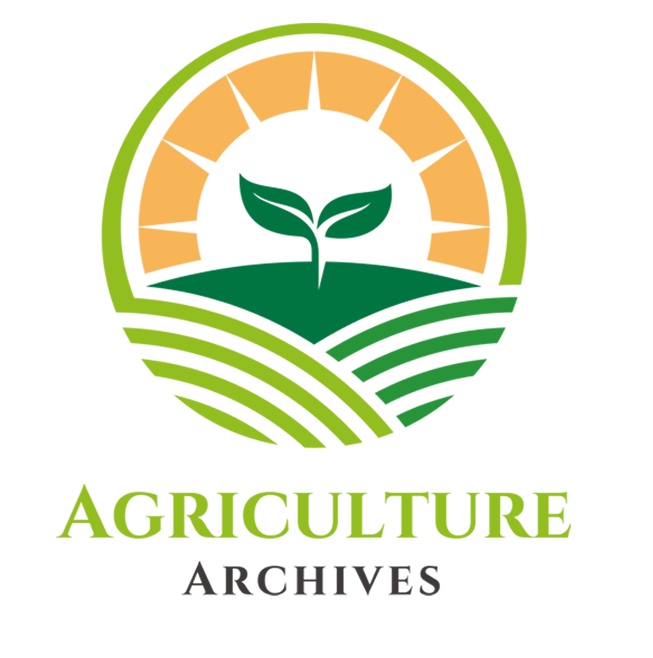Efficiency plays a vital role in boosting agricultural productivity and ensuring sustainable food security. This study examines the technical, economic, and allocative efficiencies of maize-rice farmers in Southwest Nigeria, with a focus on differences across small, medium, and large-scale farming operations. The research utilized stochastic frontier analysis to assess efficiency levels and identify factors influencing productivity. Primary data were collected through structured questionnaires and focus group discussions (FGDs), involving 100 farmers selected via a multistage sampling technique. The findings revealed notable disparities in efficiency based on farm scale. Small-scale farmers exhibited the lowest technical and allocative efficiencies, primarily due to constraints such as limited access to inputs, credit, and extension services. Medium-scale farmers displayed moderate efficiency, while large-scale farmers achieved the highest efficiency levels, benefiting from economies of scale and access to advanced resources. Significant determinants of efficiency included farm size, education level, farming experience, and credit availability. The study underscores the importance of targeted strategies to improve efficiency across all scales. Key recommendations include enhancing access to credit and extension services, fostering cooperative formations, and encouraging the adoption of modern agricultural technologies. Implementing these measures can address efficiency gaps, boost productivity, and support sustainable agricultural development and food security in Nigeria.
